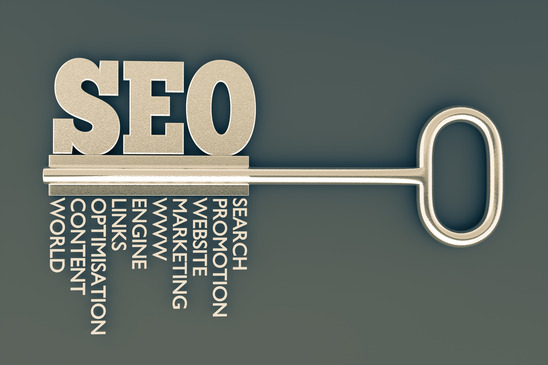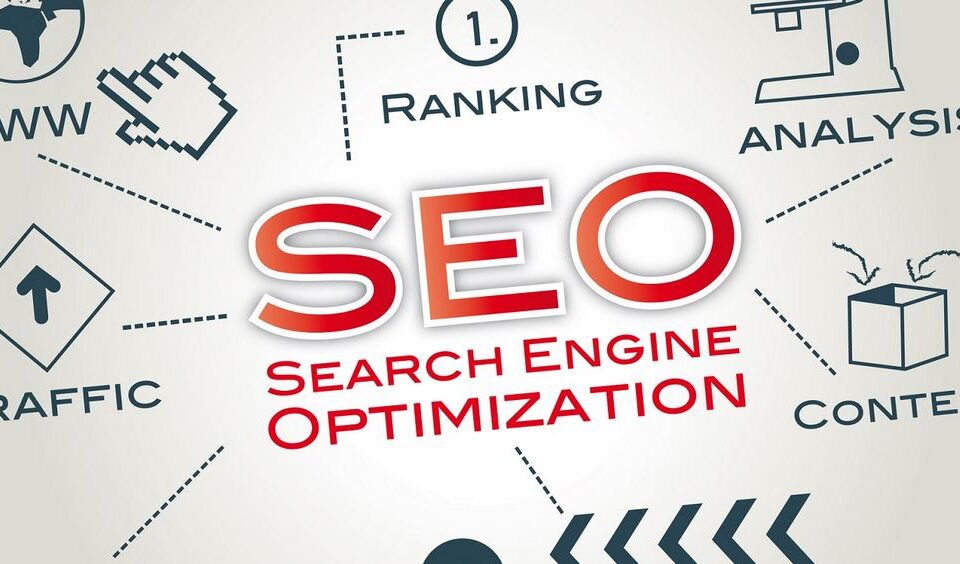Outdated SEO Concepts You Should Abandon
January 25, 2015What’s New With Google and SEO?
January 21, 2016
What is Search Engine Optimization (SEO)? It is the practice of writing for the internet so that search engines will place your page high or at the top of search results. The frequency of keywords on a page, how often your page is viewed, how long your page is viewed, how often your page is referred to by other pages, and how often your page is shared in social media are all important to search engines and effect your page’s rank.
There are technical and non-technical aspects to SEO. The technical aspects include programming languages like HTML or PHP, and how they are used in complex subjects like website design. But there are also many non-technical ideas that are essential to effective SEO writing. We’ll look at the most fundamental ideas to getting started.
The Most Critical: Keywords and Key-phrases
These are the words and phrases that are typed into a search engine when someone wants to find information about a certain subject. They can be specific, like “apartments in Boston”, or general, like “music”. When a search engine is looking for web pages with information about a subject, it will look for the number of times a word or phrase is used on a web site or page. The more times “music” appears, the higher the page will rank in the results. However, you can’t just randomly repeat a word or phrase. The search algorithms are smart enough to recognize “real” verses “spam” writing. If you’re writing genuine content about a subject, important (key) words will occur naturally. Natural keyword and synonym placement is the core of effective SEO copywriting.
Get Attention
The content of headlines, titles, and sub-headers are also critical to SEO. The search engines give more weight to keywords used in these areas of a page. The headline is what results appears in the search. The title may or may not be the same. Sub-headers usually group related paragraphs. These matter as much to readers as to the search engines. An attention getting headline is more likely to be clicked on. Also, short references to benefits in these areas get more clicks and therefore rank higher over time.
Keep Attention
Another aspect of SEO is the amount of time a reader spends on a page. Most readers of web pages skim. They’re very quickly looking for something exciting. Make it easy for them. Lots of white space draws attention to content. Use short sentences and paragraphs. Write eye catching sub-headers. Images, an assortment of colors, directional words like “look” (referring to an image or an important sentence) all slow or even stop the skimming process and keep the reader on your page.
Share Attention
Readers and search engines like the “web” aspect of the internet. Things that are related link to each other through hyperlinks and social sharing. Search engines especially like it when your page is referred to by another. This is called a back-link. They also like it when your page is shared on social media. One of the most non-technical forms of SEO is to simply ask your readers (or even your friends) to “share if you like this.”
These ideas are basic, but they will get you started in your study of SEO. Have fun!


